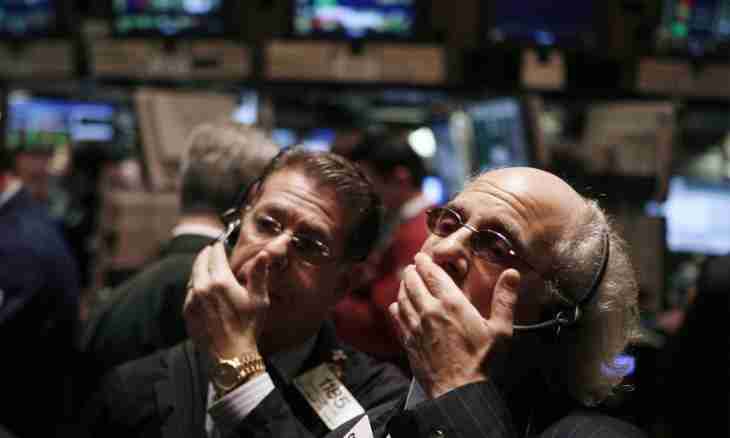The economic crisis is such condition of economy of the country when there is a considerable decline in production, smoothly running production communications cease to work, major and small companies are ruined, unemployment rate sharply increases. As a result the income of the population falls, many appear below the poverty line.
Crisis reasons
Speaking about the crisis reasons, most of economists note violation of market balance. The offer of goods exceeds demand, people cease to buy goods. The enterprises are forced to reduce the price of the products. The gained money does not pay back production any more, as a result businessmen become bankrupts. Therefore often speak about "overproduction crisis". Decline in income of the population leads to a bigger decline in demand and causes a new wave of closings of the enterprises and dismissals.
N.D. Kondratyev presented development of economy in the form of large cycles in which crisis is only a natural part. The cycle consists of stages: initial when it seems everything is all right, - crisis — a depression — economic recovery. These cycles are connected with development of science and technology that leads to emergence of new productions which begin to develop quickly. And the old industries at the same time fall into decay. Crisis also begins with them. Crises in economy can be connected also with war, natural disasters, etc.
Types of crises
Economists speak about two types of crises — recessions and depressions. Recession — when in economy is observed falling of level of production, that is negative GDP, at least within half a year. At the same time falling does not reach the minimum. The depression is very strong, deep or long recession when the output falls considerably and such state remains during very long time, sometimes several years. A great depression of the 1930th years are a classical example of a heavy depression. Between 1929 and 1933 the output in the United States dropped by 30%. In 1933 about a quarter of able-bodied population were the unemployed. Firms were not able to sell the products, closed the factories and offices in a huge number. Consequences of crises are very considerable for public life of the countries. For example, because of crisis interest in religion increases, various diseases mortality increases, the number of cases of a suicide grows, growth of alcoholism, the population consuming cheap drinks is observed. Crime grows. Tourism is sharply reduced. Crises revitalize economy, destroying backward ways of production. And crisis pushes people on search of new ways of housekeeping that eventually leads to economic recovery.

